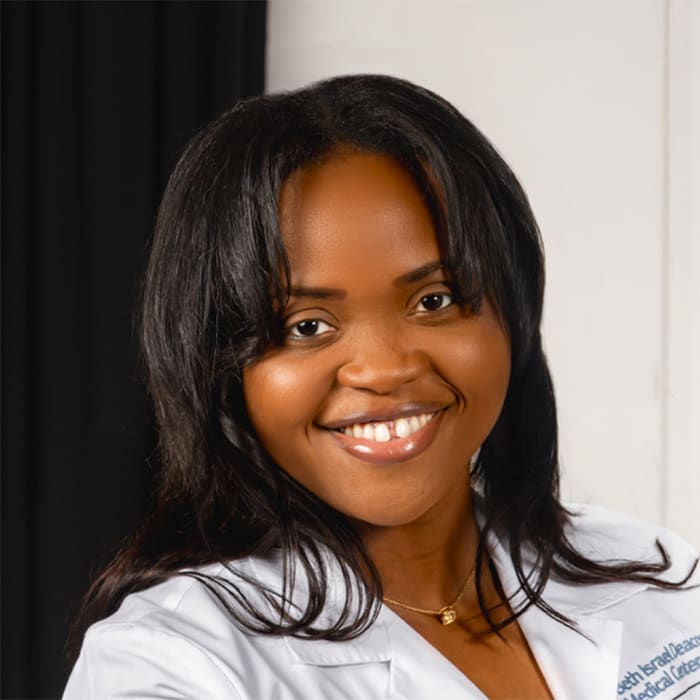
Sophia Bertse Bellegarde
Anatomic and Clinical Pathology Resident, Beth Israel Deaconess Medical Center, Harvard Medical School, Boston, Massachusetts, USA
False

Anatomic and Clinical Pathology Resident, Beth Israel Deaconess Medical Center, Harvard Medical School, Boston, Massachusetts, USA
If pathology is going to have the kind of impact it is capable of, we need to rethink how we show up in patient care. At the moment, pathology is everywhere and nowhere at the same time, foundational to every diagnosis, yet largely invisible to patients and often even sidelined in clinical conversations. That disconnect doesn’t serve anyone; not patients, not providers, and certainly not the future of our field.
I’ve been part of this world from multiple angles: as a technologist, a lab administrator, a clinical lab science adjunct professor, a medical student, and now a pathology resident. And honestly, one thing that always strikes me is how often people forget we’re part of the team. I’ve seen families waiting for answers after a fetal autopsy, I’ve coordinated with organ banks at odd hours, and I’ve worked with clinicians who didn’t realize how much the lab could actually offer. That gap? It’s not just logistical. It’s cultural. And it’s something I’m working to change.
During my time with the CAP Foundation’s See, Test & Treat Program, the foundation showed me firsthand what it looks like when pathology shows up. From our different projects, we've met patients where they were: community centers, churches, wherever we could reach them, and delivered care that was immediate, personal, and informed by science. That kind of accessibility isn’t just nice, it’s needed. I’ve carried that mindset into everything I do, whether I’m helping secure funding for sickle cell initiatives abroad or supporting underserved communities here at home throughout a variety of organizations. Pathology is at every step of the way.
The answer is not always more data or more diagnoses. We already have that. The real shift comes when we bring our expertise out of the backseat and start speaking up, showing up, and making sure our work translates into action at the bedside. For me, that’s meant mentoring students, staying active in DEI spaces, and saying yes to opportunities that center connection over credentials.
In my opinion, pathology is ready for more impact. I've seen the shift with my own eyes as I navigated my different roles throughout the field. We just need to stop waiting for someone to invite us in and start walking through the door ourselves. That’s the kind of career I've built for myself. And honestly, I think that’s the kind of field we all deserve.
Dive deeper into the world of pathology. Explore the latest articles, case studies, expert insights, and groundbreaking research.
Receive the latest pathologist news, personalities, education, and career development – weekly to your inbox.

False
False
False